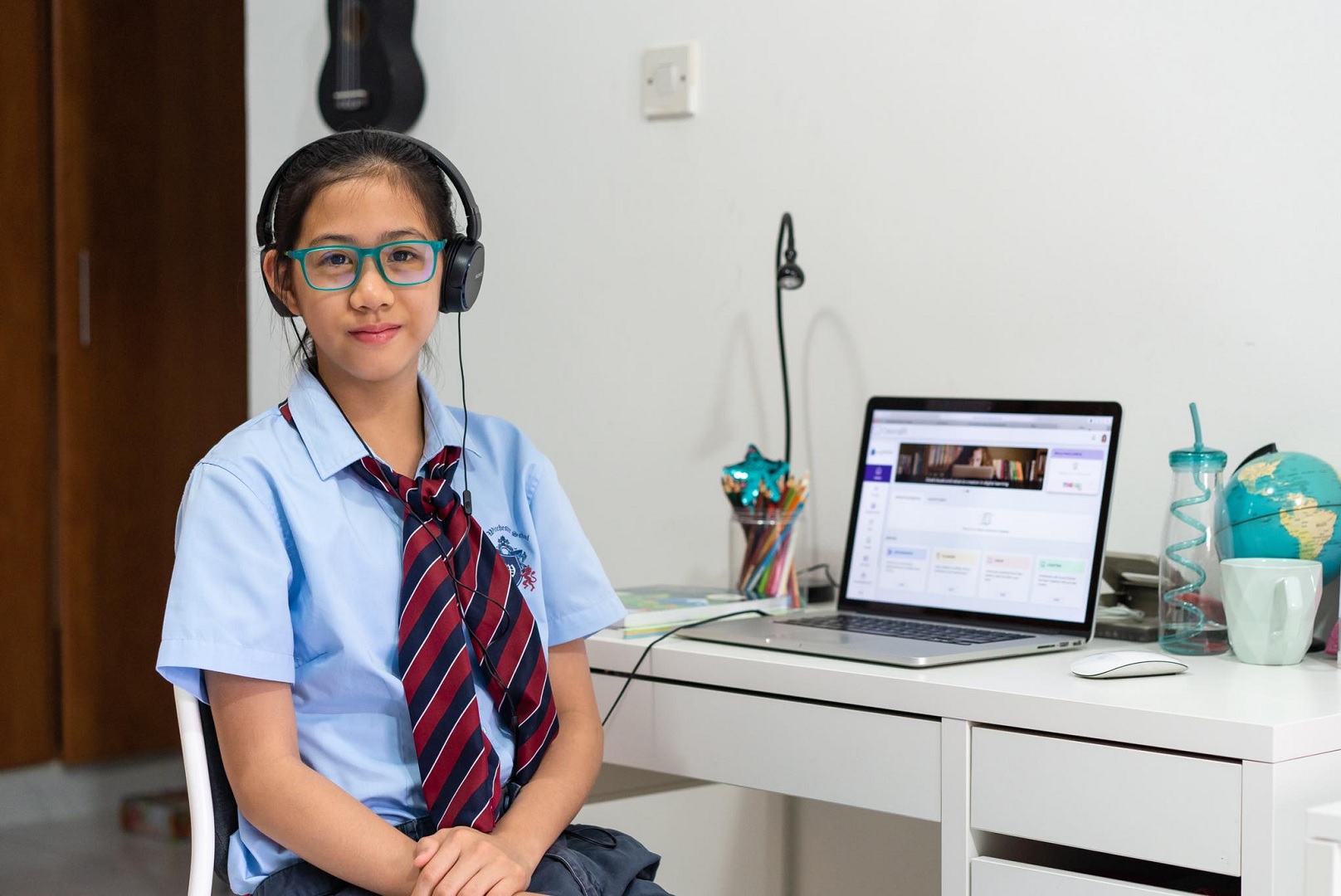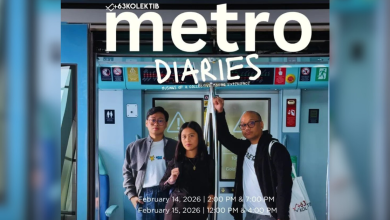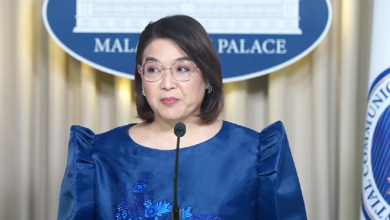The UAE has effectively doubled the internet speeds around the country to ensure that internet connections at home are optimized for students who are currently engaged in online classes for academic year 2020-2021.
His Excellency Hussain Al-Hammadi, Minister of Education said the UAE was well prepared to make the shift to distance learning platforms after the pandemic hit because in 2012 the country launched the Mohammed Bin Rashid Smart Learning Initiative which was established to offer a unique learning environment in schools through the introduction of ‘Smart Classes’ under which students will utilise smart devices and high-speed 4G networks as means of acquiring knowledge.
RELATED STORY: LOOK: Filipino parents in UAE share classroom setups for kids at home
The experience gained through this initiative has allowed the UAE to fine-tune educational curriculums into two versions – one for classrooms and the other for distance learning.
“We really invested a lot a long time ago in all these infrastructure requirements to enable us to continue educating in different scenarios,” he said during a panel titled ‘Pushing the limits in the healthcare, telecoms and education sectors: bent, but not broken?’
He added: “It’s about building the best learning platform that is really smart, resilient, and meets modern requirements. Then you need to provide teachers and students with appropriate devices that enable them to enter the network and have the capabilities to use advanced applications and software to be embedded in the learning platform.”
Minister Al-Hammadi furthered that the rapid shift to distance learning on an unprecedented scale had still created huge technical and logistical challenges for the education system. To deal with this, the Ministry of Education created a Satellite Operations Center to cope with the demand, and connect with the parents and students.
“We had 1.2 plus million students in the general education that we have to shift within two weeks to this platform for full 100% learning and we had never done this big a number through distance learning. We had to upgrade Internet speed by almost 100%,” he said.
READ ON: 9 out of 10 Filipino parents in UAE want online class for their kids amidst COVID-19 risks
Edward Zhou, Vice President for Global Public Affairs of Huawei, highlighted the role that telecommunications had played in keeping economies moving during the pandemic, but he stressed the disproportionate impact that the virus had on communities that still have no access to the internet.
“The ICT industry has contributed greatly to today’s world, but there are still gaps and challenges,” he said. “Over the past 30 years there has been a great leap in the development of information technologies, mobile communications, the Internet, and also high-speed broadband has improved our lives, work and economies, in many ways.
“However, COVID-19 has been a reminder that we are still not doing enough. The current foundation is not as strong as we might think. According to the ITU, just under half of the world’s population is still offline, and has no access to digital technologies. Children in remote areas have been unable to join online classes during the pandemic.”
Edward Zhao said investment in infrastructure at government level is a fundamental part of the solution, which should be accompanied by progressive tax policies that incentivise corporate investment. Increased investment would help support digital transformation of businesses, which has become an urgent priority in light of the pandemic. He also said governments should define network equipment as critical infrastructure which would allow workers to operate the network and maintain equipment during a time of crisis.




